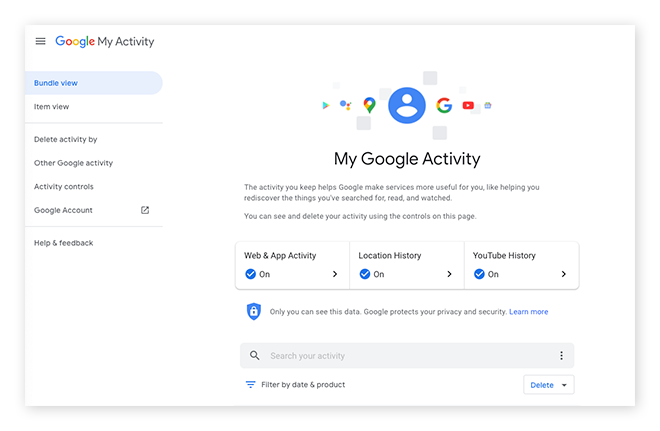Online privacy has become a paramount concern for individuals and organizations in the digital age. Recent articles highlighting Google's data collection practices have sparked debates and raised concerns about the volume of personal data the tech giant collects. This article delves into the intricacies of Google's data scraping policies and explores the potential implications for online privacy. We aim to provide comprehensive insights into this complex issue, enabling readers to make informed decisions about their online presence.
Understanding Google's Data Collection
As a dominant player in the digital landscape, Google utilizes various methods to gather data from online sources. The company's algorithms continuously crawl websites, indexing their content for search results and other services. While this process is essential for providing accurate and relevant information, concerns arise regarding the scope and usage of the collected data.
The Scope of Google's Data Scraping


Photo:
Avast
Photo:
Avast
- Review Privacy Settings
- Opt-Out of Personalized Ads
- Minimize Data Exposure
- Utilize Privacy Tools